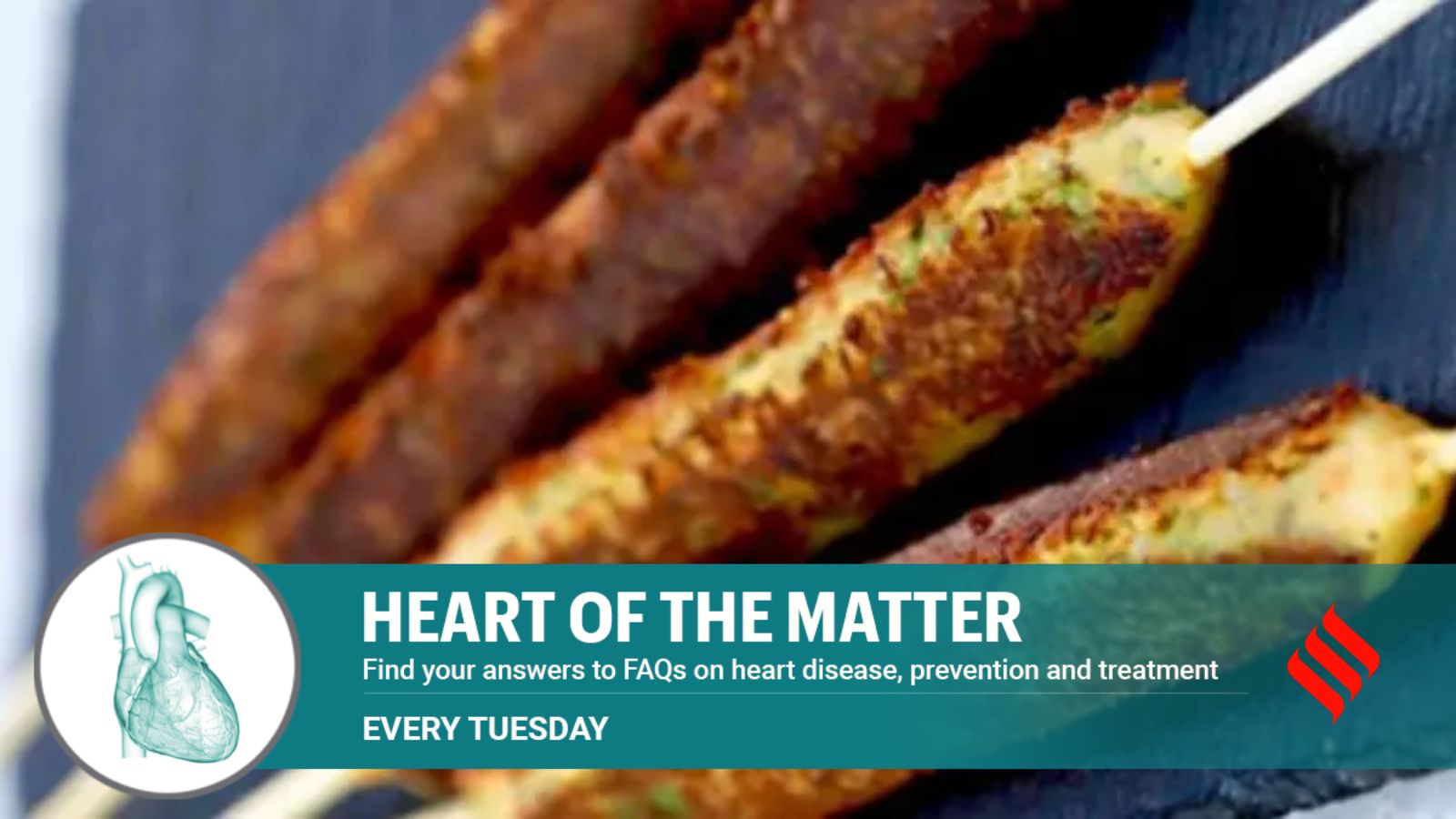Fitness
Why the vegan kebab may be harming your heart: Lancet study maps risks of ultra-processed plant-based foods

How many of you are having plant-based mock meat like seekh kebabs, keema or anything that replicates the flavour of the animal protein that you gave up, thinking you are eating clean? I know of many patients of mine who claim they have made this switchover as part of their healthy diet transition and that it helps them give up high fat animal proteins. Yet what everybody forgets is that these are ultra-processed packaged varieties, not whole plant foods, and can be equal triggers of heart disease.
A recent study in The Lancet Regional Health —Europe has actually quantified the risk of what is marketed as a guilt-free diet food. Researchers analysed data from almost 127,000 participants of the UK Biobank, who were followed up from 2009 till 2012 and then had a median follow-up of nine years. They found that for every 10 per cent increase in calorie intake from plant-based ultra-processed foods, participants had a five per cent increased risk of cardiovascular disease and a 12 per cent higher risk of death from cardiovascular diseases. But what was more revealing was the fact that whole plant foods were associated with a seven per cent lower risk of cardiovascular disease and a 13 per cent lower risk of mortality from cardiovascular disease.
What are ultra-processed plant-based foods?
Apart from mock meats, these would include frozen pizzas, pre-mixed meals, breakfast cereals, salty snacks and packaged breads.
Why are they harmful?
First of all, ultra-processed plant foods lose fibre (which is so important to regulate cholesterol), phytochemicals and water-soluble vitamins such as vitamin C, folate and riboflavin no matter how good the plant it is derived from. They may have lesser protein and Omega 3 fatty acids.
Ultra-processed plant foods work on the flavour quotient and become addictive. They do that because they contain mainly plant-derived ingredients instead of meat, dairy, eggs, or cheese. They have a high content of unhealthy fats to improve taste which can raise cholesterol levels. They have added sugar, sodium and even artificial sweeteners. New studies this year as well as in the past year have shown how sugar alcohol (xyltol, erithrytol) increases the risk of early heart attacks because it causes blood platelets to become sticky, clump up and form clots.
Ultra-processed plant foods have a lot of additives and emulsifiers which disturb the good bacteria in the gut and lead to inflammation and thickening of blood vessels. Sometimes the ultra-processed food manufacturing process creates byproducts like acrolein, which is formed by heat treatment and can trigger inflammation and damage heart tissue.
Many even fall for the preservative-free claims on labels. Such plant products may be preservative-free but still contain other types of additives or chemicals like artificial flavours and colours.
What should the ideal plant protein diet be?

Choose whole plant-based foods, which are now associated with a lower risk of cardiovascular disease. Instead of plant-based meats or mock meats, try flavourful plant proteins like soybeans, edamame beans, pulses or tofu. Have enough fruits, vegetables and legumes. There is no replacement for a balanced meal.
© The Indian Express Pvt Ltd
First uploaded on: 18-06-2024 at 10:41 IST



)






